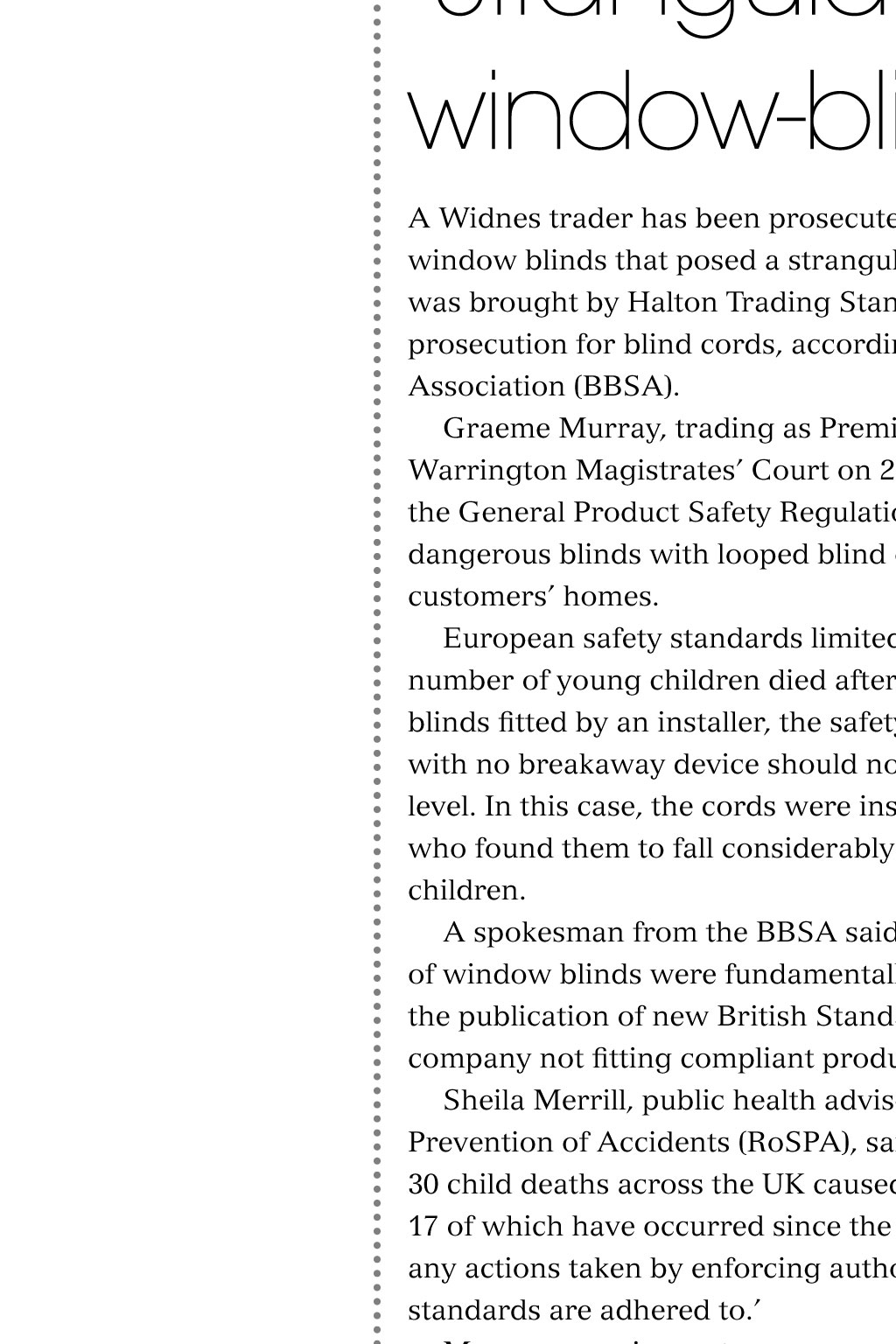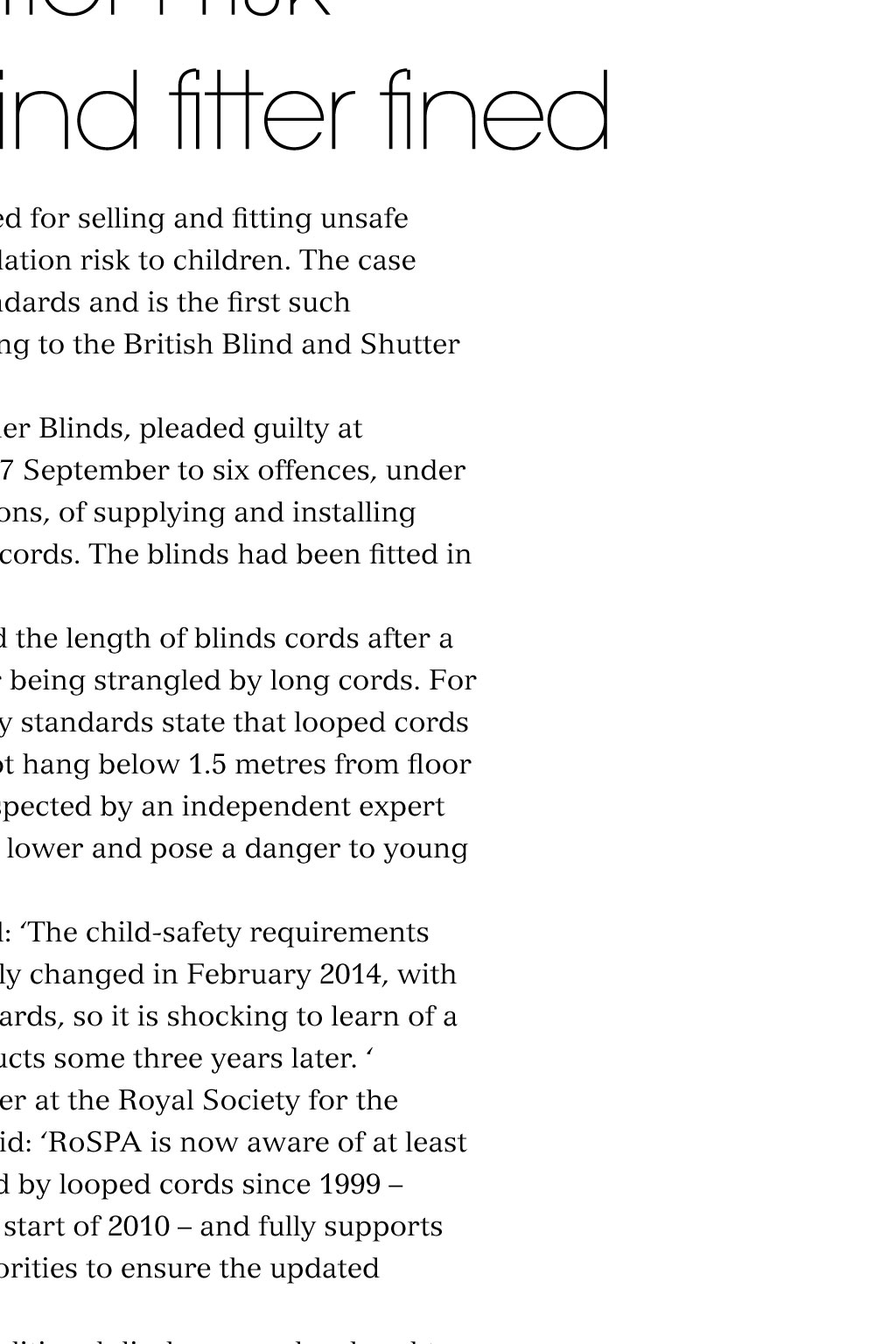




























News Restaurateur fails to get conviction overturned Mohammed Zaman previously the owner of a restaurant in Easingwold, North Yorkshire has failed to get his conviction for manslaughter by gross negligence overturned, after one of his customers, Paul Wilson, died from eating a curry containing groundpeanuts. A joint investigation between North Yorkshire police and North Yorkshire County Council (NYCC) resulted in Zaman being given a six-year sentence for gross negligence manslaughter and six food safety offences, after a lengthy trial in May 2016. The investigation found Zaman had failed to heed the various warnings given to him by his ingredient supplier and North Yorkshire Trading Standards, as well as a previous complaint from a customer who had suffered an allergic reaction. Zaman had carried on using ground peanuts as a thickening agent, rather than the more expensive and traditional ground almonds. In 2016, Teesside Crown Court found: Zaman owed Mr Wilson a duty of care; he had breached that duty of care; the risk of someone dying from that breach could have been foreseen by a reasonably prudent person; his breach caused Wilsons death, or made a significant contribution to it; and his actions amounted to gross negligence. Zaman appealed on the basis that he felt he did not have a fair trial and the judge misdirected the jury. At the Court of Appeal in London last month, Zaman argued that the trial judge had got the law wrong in relation to what is a breach of the duty of care, arguing that each individual breach should be proven separately, rather than taken in theround. The Court of Appeal declined Zamans bid to have his sentence reduced. Lord Justice Hickinbottom said: The case against Zaman was powerful. We are in no doubt that the conviction was and is safe. Reports of action on secondary ticket sellers Last month, The Guardian reported that officials from the Competition and Markets Authority (CMA) had raided the offices of ticket resale companies StubHub and Viagogo this summer, as part of an investigation into claims that consumers are being ripped off. When TS Today contacted the CMA about the action, however, a spokesperson refused to confirm if the raids had indeed taken place, and said it could not comment on the story. Secondary ticket sales have made the headlines a number of times in recent months, with big-name stars calling for action so genuine fans can enjoy their gigs. National Trading Standards is holding its own investigation into ticket touting, known as Operation Electra. It was given extra budget from the government earlier this year to continue its enforcement work against secondary ticket sites. Auctioneers admit fake paintings charge was planned for September 2016, but doubts were raised with Dukes as to the provenance of the artworks. However, it failed to take reasonable steps to follow up these doubts. Just before the auction, Dorset Trading Standards was informed of issues with the paintings and the artwork was seized, thereby preventing a significant loss by any prospective purchaser. Counsel for the defendant, Tim Bradbury, said the partnership had been wanting in its due diligence, but that it had since improved its policies. ISToCk.Com / RyeRSonClARk An auction company has admitted eight charges of misleading customers about the authenticity of artworks. On 30 October, Weymouth Magistrates Court fined Dukes 1823 LLP (trading as Dukes Fine Art Auctioneers) 6,300 and ordered it to pay 11,805 in costs and 170 victim surcharge. The court heard how, in February 2016, the partnership which trades out of Dorchester was offered the opportunity to sell artworks purportedly by the Cornish artist, Alfred Wallis (1855-1942). The auction Jail for builders who tricked elderly victims Facebook trader fined for selling fakes A woman who sold counterfeit branded clothing and accessories on Facebook has been ordered to pay 2,231 in fines and costs, and had more than 5,000 in cash forfeited. At Taunton Magistrates Court on 24 October, Anita Stearn, from Minehead, admitted eight charges of selling and possessing counterfeit goods under the Trade Marks Act. The prosecution was brought by Devon, Somerset and Torbay Trading Standards Service, which found 5,032 in cash and nearly 130 counterfeit items including shoes, clothing, make-up and accessories at Stearns home. She used fake Facebook profiles to continue selling counterfeit goods after previous accounts had been blocked. Stearn was ordered to pay a 480 fine, a 30 victim surcharge and full costs of 1,721 a total of 2,231. The cash found at her home was seized under the Proceeds of Crime Act. Magistrates ordered that the counterfeit goods be destroyed. Four rogue traders, who conned 26 elderly and vulnerable victims into paying thousands of pounds for work on their homes, were jailed for between 27 and 58 months at Northampton Crown Court on 30 October. The group, all of Irchester Travellers Site, would cold call the victims and claim that work needed to be done to their property in most cases, repairs to the roof. Often, the work was unnecessary, or the priceinflated. Northamptonshire Trading Standards identified 26 victims from as far afield as Norfolk who were tricked out of a total of 138,000. One person was conned out of more than 30,000. The investigation was supported by Northamptonshire police. The men operated under various business names including Storm Shield, Roofing Solutions, Alpine General Builders and 1st Choice Property Maintenance and dishonestly and falsely represented that they were legitimate contractors with the appropriate skills to carry out the work. John Lee, 46, Michael Rooksby, 29, and Charles Michael Hugh Doherty, 33, admitted fraudulent activity, while Charles Doherty, 28, pleaded guilty to two fraud counts at Northampton Crown Court on 9October. Lee was jailed for three years and four months, Rooksby for three years and 11 months, Charles Michael Hugh Doherty for four years and 10 months, and Charles Doherty for two years and three months. County council cabinet member for public protection, strategic infrastructure and economic growth, Andr Gonzalez de Savage, said: These rogue traders would deliberately target the homes of elderly andvulnerable people, with the primary aim of defrauding them by tricking them into paying for unnecessary, poor-quality and overpriced home repairs. Vauxhall Zafira fires: significant reform of DVSA ordered Practices and procedures at the Driver and Vehicle Standards Agency (DVSA) have been changed or are under review after the Transport Select Committees report on a series of Vauxhall Zafira fires in 2015. The action is being taken as part of the governments response to the report, which has now been published. Changes that have taken place at the DVSA include altering the method of reporting and managing safety recalls, to increase consumer confidence and ensure public safety. In 2015, Vauxhalls Zafira B model became a cause for concern when a distinctive pattern of fires was identified. Some of the blazes were serious enough to destroy entire vehicles. The Transport Select Committees report said Vauxhall was too slow to begin a full investigation into the fires, and too quick to attribute them to improper and unauthorised repair. The DVSA is still investigating the car manufacturers handling of the recalls process. Chair of the Transport Select committee Lilian Greenwood MP said: Im pleased that the government has listened to, and is acting upon, the recommendations made by the committee in the last parliament. We await the outcome of the DVSA investigation into Vauxhalls actions, which we will be examining closely. Strangulation risk window-blind fitter fined A Widnes trader has been prosecuted for selling and fitting unsafe window blinds that posed a strangulation risk to children. The case wasbrought by Halton Trading Standards and is the first such prosecution for blind cords, according to the British Blind and Shutter Association (BBSA). Graeme Murray, trading as Premier Blinds, pleaded guilty at Warrington Magistrates Court on 27 September to six offences, under the General Product Safety Regulations, of supplying and installing dangerous blinds with looped blind cords. The blinds had been fitted in customers homes. European safety standards limited the length of blinds cords after a number of young children died after being strangled by long cords. For blinds fitted by an installer, the safety standards state that looped cords with no breakaway device should not hang below 1.5 metres from floor level. In this case, the cords were inspected by an independent expert who found them to fall considerably lower and pose a danger to young children. A spokesman from the BBSA said: The child-safety requirements of window blinds were fundamentally changed in February 2014, with the publication of new British Standards, so it is shocking to learn of a company not fitting compliant products some three years later. Sheila Merrill, public health adviser at the Royal Society for the Prevention of Accidents (RoSPA), said: RoSPA is now aware of at least 30 child deaths across the UK caused by looped cords since 1999 17 of which have occurred since the start of 2010 and fully supports any actions taken by enforcing authorities to ensure the updated standards are adhered to. Murray was given a two-year conditional discharge and ordered to pay 500 towards the prosecution costs.